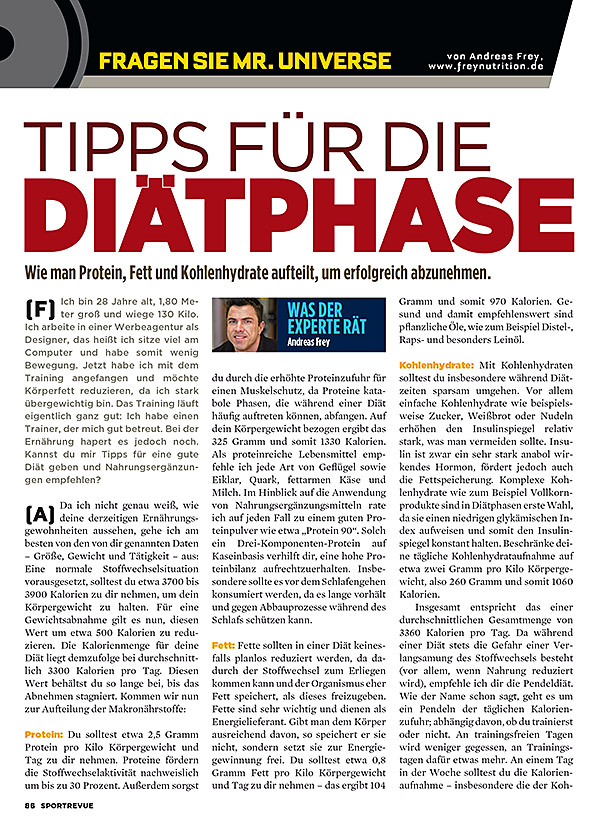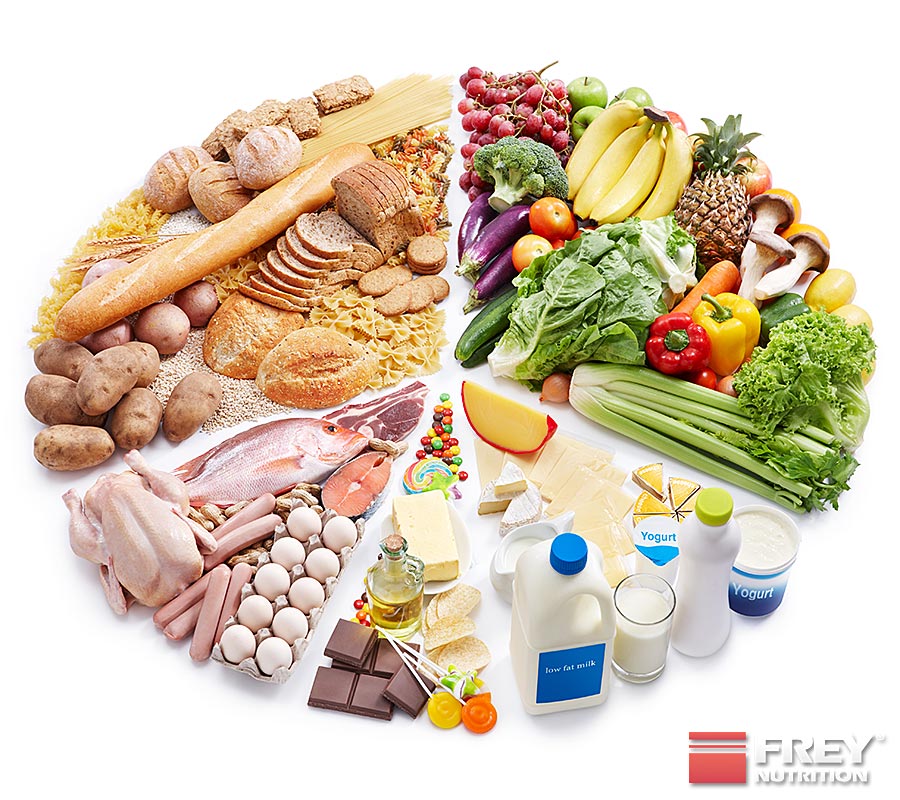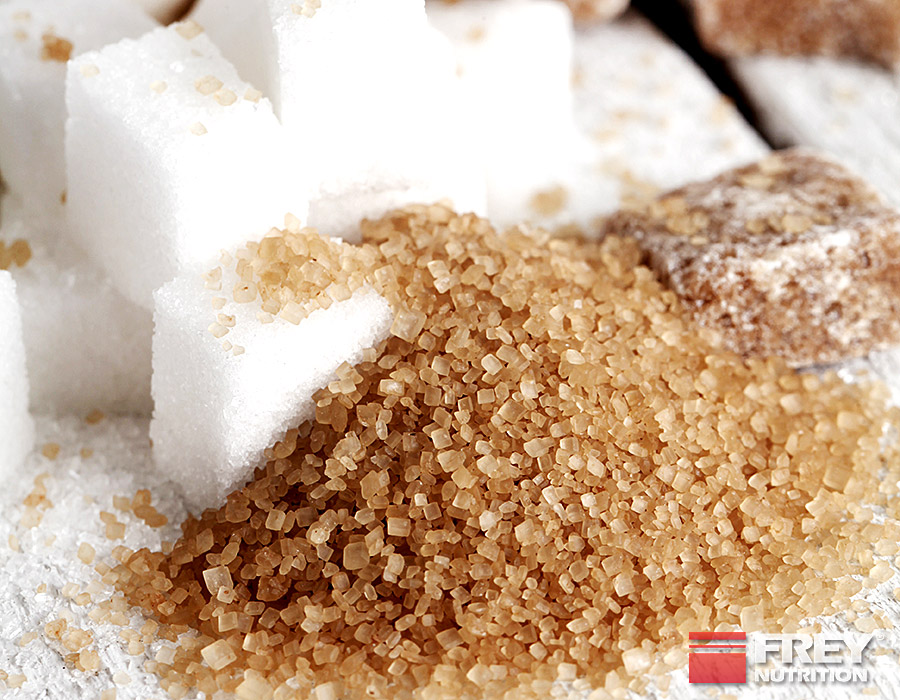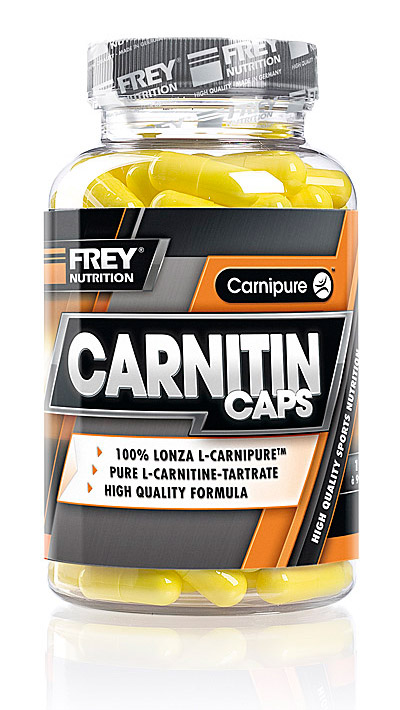HOW TO BREAD PROTEIN, FAT AND CARBOHYDRATES FOR SUCCESSFUL WEIGHT LOSS.
ANSWER

PROTEIN
You should consume about 2.5 grams of protein per kilo of body weight per day. Proteins have been proven to increase metabolic activity by up to 30 percent (see study: PROTEIN AND BASIC SAT ). In addition, the increased protein intake ensures muscle protection , as proteins counteract catabolic phases that can often occur during a diet. Based on your body weight, that comes to 325 grams and thus 1330 calories. As protein-rich foods, I recommend any type of poultry as well as egg whites, cottage cheese, low-fat cheese and milk. With regard to the use of nutritional supplements, I definitely recommend a good protein powder such as. PROTEIN 96 . Such a four-component protein based on casein helps you maintain a high protein balance. It should especially be consumed before going to bed, as it lasts a long time and can protect against degradation processes during sleep.FAT
Fats should never be reduced haphazardly in a diet, as this can bring the metabolism to a standstill and the body will store fat rather than release it. Fats are very important and serve as an energy source. If you give the body enough of them, it will not store them but will release them to generate energy. You should consume around 0.8 grams of fat per kilo of body weight per day - that's 104 grams and therefore 970 calories. Vegetable oils such as safflower, rapeseed and especially linseed oil are healthy and therefore recommended.CARBOHYDRATES
You should use carbohydrates sparingly, especially when you are dieting. Simple carbohydrates such as sugar, white bread or pasta increase insulin levels relatively significantly, which should be avoided. Although insulin is a very strong anabolic hormone, it also promotes fat storage.Complex carbohydrates such as whole grain products are the first choice during diet phases, as they have a low glycemic index and thus keep insulin levels constant. Limit your daily carbohydrate intake to around two grams per kilo of body weight, i.e. 260 grams and therefore 1060 calories.
THE COMMUTER DIET
Overall, this corresponds to an average total of 3360 calories per day. Since there is always a risk of slowing down the metabolism during a diet (especially when food is reduced), I recommend that you COMMUTER DIET .- Monday | Training (food day): 5000 calories
- Tuesday | no training: 2500 calories
- Wednesday | Training: 4000 calories
- Thursday | no training: 2500 calories
- Friday | Training: 4000 calories
- Saturday | no training: 2500 calories
- Sunday | no training: 2500 calories
You can either increase your endurance training or reduce your diet by another 500 calories, i.e. to around 2800 calories per day; this value is then again oscillated around. The reduction is then limited to carbohydrates only.
As another supplement I recommend BRANCHED CHAIN AMINO ACIDS (BCAAS) . They are particularly important during dieting phases and can protect muscle tissue from breakdown. L-CARNITINE is also recommended to increase fat transport and oxygen supply to the heart and thus performance. FAT BURNER You should not use them in the initial phase of a diet. Wait to use them until the diet results stagnate after a few weeks. Then such products can be useful and support further fat loss.











